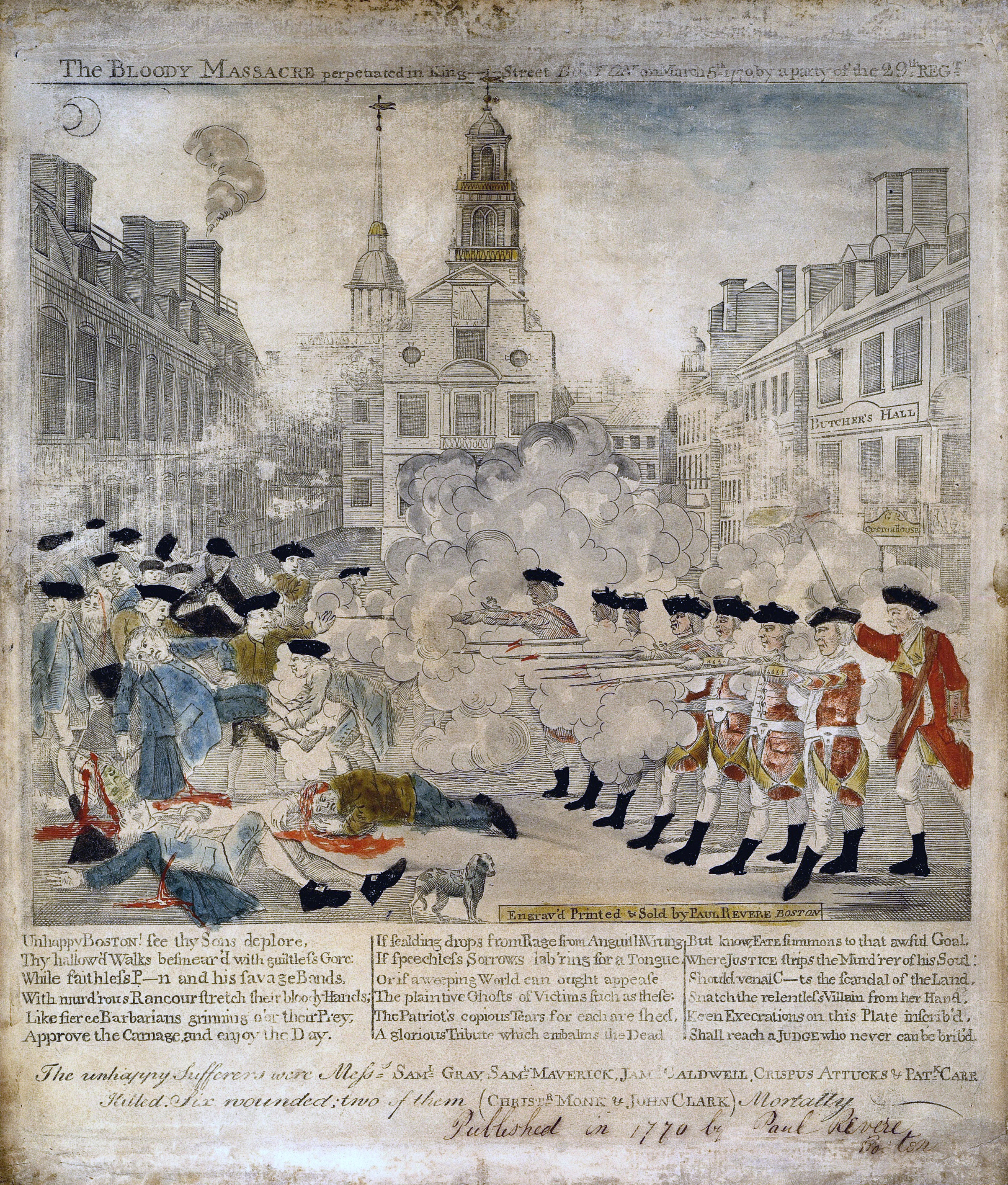My honors class is studying Pietism and Puritanism in the seventeenth century, so we recently read Pia Desideria. I thought this was an insightful passage on the need for the right motives in studying theology:
"When men's minds are stuffed with such a theology which, while it preserves the foundation of faith from the Scriptures, builds on it with so much wood, hay, and stubble of human inquisitiveness that the gold can no longer be seen, it becomes exceedingly difficult to grasp and find pleasure in the real simplicity of Christ and his teaching. This is so because men's taste becomes accustomed to the more charming things of reason, and after a while the simplicity of Christ and his teaching appears to be tasteless. Such knowledge, which remains without love, "puffs up" (1 Cor. 8:1). It leaves man in his love of self; indeed, it fosters and strengthens such love more and more. Subtleties unknown to the Scriptures usually have their origin, in the case of those who introduce them, in a desire to exhibit their sagacity and their superiority over others, to have a great reputation, and to derive benefit therefrom in the world. Moreover, these subtleties are themselves of such a nature that they stimulate, in those who deal with them, not a true fear of God but a thirst for honor and other impulses which are unbecoming a true Christian. When people are practiced in such things they begin to have great illusions and introduce them at once into the church of Christ, even if they know little or nothing of the one thing needful, which they hold in little esteem. They can hardly be kept from taking to market what gives them the most pleasure, and they generally concentrate on something that is not very edifying to their hearers who are seeking salvation." (p. 56)

